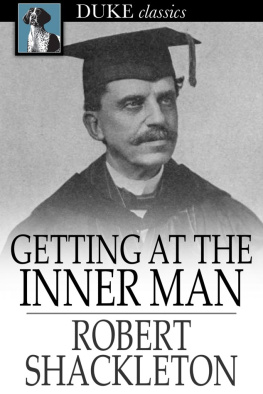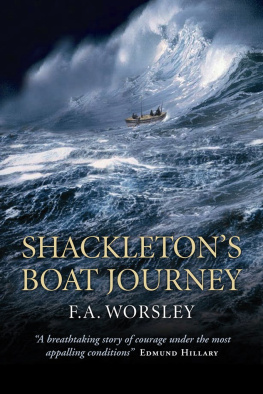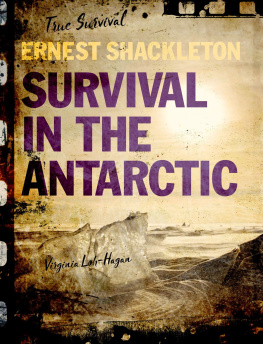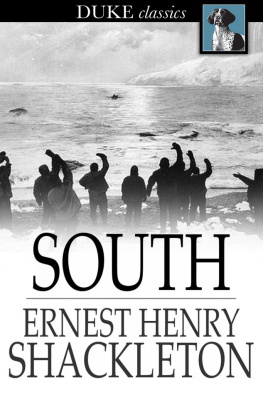CHAPTER I - A City Young And Old
FINE old Frenchman that he was, when he came back over the ocean to us a half century after his youthful advent, Lafayette appreciated to the full the finely delightful qualities which he recognized in the character of our principal city. "I shall love New York," he said; "Monsieur, I shall love New York so well that I may never be able to get away from it!" And this expresses the keynote of New York, its magnetic quality, the way in which it draws, attracts, allures. He who writes of New York should take the city seriously, yet not too seriously. The city is so great, so mighty, so tremendous, in population, in wealth, in power, in achievements, that any tendency to overestimate should be checked, that every claim to importance should be carefully weighed, that the subtle danger of over-admiration should be avoided. That excellent New York poet of long ago, Fitz-Greene Halleck, felt and expressed all this when he wrote:
"And on our City Hall a Justice stands:
A neater form was never made of board;
Holding majestically in her hands
A pair of steelyards and a wooden sword,
And looking down with complaisant civility
Emblem of dignity and durability."
But when, with every tendency to yield over-admiration or over-importance fully in hand, one looks at New York seriously, soberly, with intent to see only what is fairly to be seen, it is seen as a city of immense and wide interest.
Far more than any other city, whether of the past or of the present. New York is one that is both young and old. Insistently young, vociferously young, obviously young, it at the same time displays all the qualities of maturity. It is a city of today, yet also a city of three centuries.
This marks it, among cities, more than does any other of its myriad characteristics. There are the vivid, vital evidences of youth, the fire of youth, the strength and vigor and crudity and ruthlessness and inconstancy of youth; it is a city as new and as crude as the newest of mining towns and of as gay an irresponsibility: yet it is also a city with the sadness, the earnestness, the gravity, the solidity, the balance, the impressiveness, of age. Rightly seen, its chasmed streets are but wrinkles cut by the years.
Looking at the tens of thousands of new buildings, the miles and miles of new-made thoroughfares, it is the very newest of all cities: yet it is also one that possesses the salt and the savor of time. One needs but remember that in old St. Mark's Church there lies buried a man who, of powerful influence on the life and development of this, his beloved town, was ruler here while the long-ago Thirty Years' War was raging, was born when Elizabeth was Queen of England and while Shakespeare was splendidly in mid-career.
In everything. New York is the city that is different. When considering Boston, Philadelphia, Chicago, San Francisco, it is customary to speak of what their people think or are or do, but no one ever speaks thus of the people of New York, but only of the city itself. For the city is so much greater than its people! With New York, the city makes the people; elsewhere, the people make the city.
Always it has been a restless city; and Adrian Block, who built the first handful of houses here, over three hundred years ago, and here built and launched the first vessel built in America, named that vessel of Manhattan the Unrest, as if with a touch of inspired insight. And Verazzano, who was here long before Block; coming, indeed, in the reign and in the service of him of "the longest nose in history," as the New Yorker, Henry James, described that picturesque king, Francis the First; also saw Manhattan with the eye of prophecy, for he set down in his report that the island seemed to be a place of wealth! It seemed to him a place of gold, of jewels, of furs and it is still a place of gold and of jewels and of furs.
Never was there any other city that so rapidly and ruthlessly tears down and throws away. It would seem as if the motto of New York were " Never save for tomorrow what can be destroyed today!" It builds swiftly, makes immense advances swiftly, but as swiftly destroys what it has built: dwelling houses and business buildings that have gone up like magic disappear like magic, in single gaps, in rows, in streets, in four-square blocks. Nothing, however new and costly, is permitted to stand for a moment in the path of public or private improvement. For new thoroughfares, for burrowing subways, for bridge approaches, massed houses vanish; and other buildings, in number innumerable, vanish that there may arise triumphant business structures or apartment houses such as elsewhere the world has never seen. The story, cheerfully typical, is told, of a visitor of note, that he was driven uptown, in the morning, to be toasted and greeted and to meet some of the city's best, and that in the afternoon he was taken back over the same route that he might see what changes had meanwhile taken place!
When New York is referred to, whether by New Yorkers themselves or by others, Manhattan Island, or the Borough of Manhattan as it is now officially known, is usually meant, although there are also the Boroughs of Brooklyn, of Queens, of Richmond, of the Bronx, within the limits of the Greater City. In all, it is estimated that now the population is more than that of London; that Greater New York leads the world!
Manhattan is an Indian word, Americanized. As, at one end of the State, the softly lilting "Neeawgawrah," with its accent on syllables first and third, was harshly changed to " Nyaggaruh, " so, at this end of the State, the "Manattan" of the Indians, without an "h," and prettily pronounced, as it was, with its accent on syllable one, was harshly transformed in accent and given a "hat"! with about the same effect indeed, as that of putting an American hat on an Indian in his native dress. There are still a few Indians in the region of the James River, in Virginia, where John Smith and Pocahontas and Powhatan played their drama of life and death, and I have heard them speak of their great chief of the past, with the easy ripple, accenting syllable one, of ''Powattan," quite discarding the "hat," as Manhattan Indians would similarly do with their own name, were there any Manhattan Indians existent.
Never in history has there been such a magnificent city. It draws the great and the little; the masters of finance, of railroads and manufacturing, the leaders in law and surgery and authorship and art, and millions of little folk as well; while the rest of the country looks on jealously, feels jealous, is jealous but New York, when she thinks of them at all, knows that the very men who talk depreciatingly of her are getting ready to come to her by the next train.
More and more of the wealth of the world centers here. In spite of misconceptions which come from extravagant statements, whether made seriously or as witticisms, New York is a safe city, a city to which capital gladly comes and where the average individual lives a protected and happy life. Naturally and inevitably, there is temptation where there is such vastness of wealth; naturally, there is crime; but on the whole, for those who wish safety, safety comes as a matter of course.
It is a city which is more criticized, by its own people and by others, than any other city in the world was ever criticized. At the same time it is essentially so great a city that not only is every New Yorker proud of being a New Yorker, but every other American, away from his own home town, no matter what that town may be or how dearly he may honor it, is pridefully titillated if taken for a New Yorker, for the very name carries with it the implication of alertness, of power, of ability. ''Whatever is, is wrong," is what people love to say of New York, yet all, no matter how reluctantly, or with what misgivings, admire its might.







